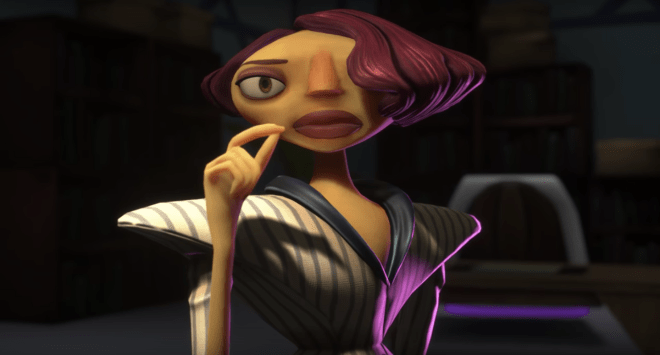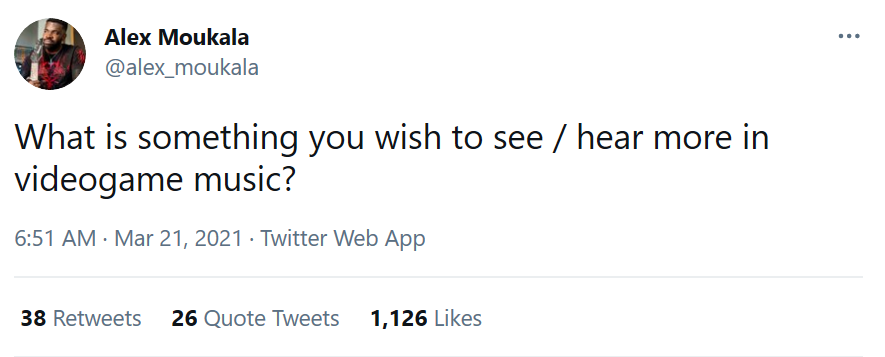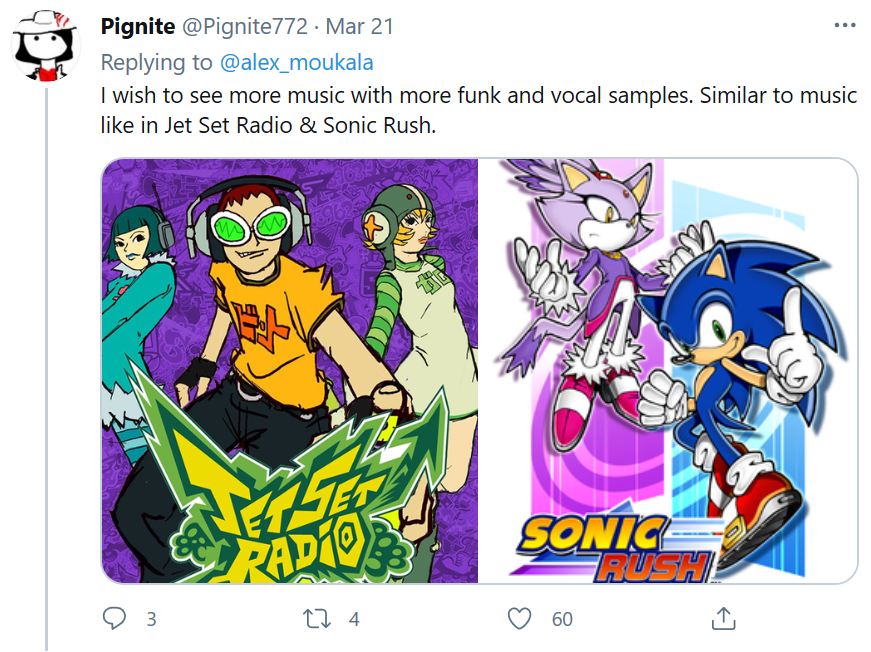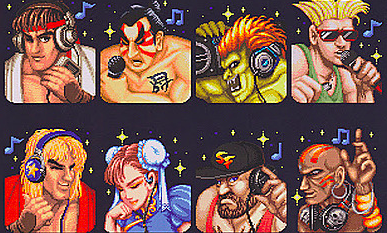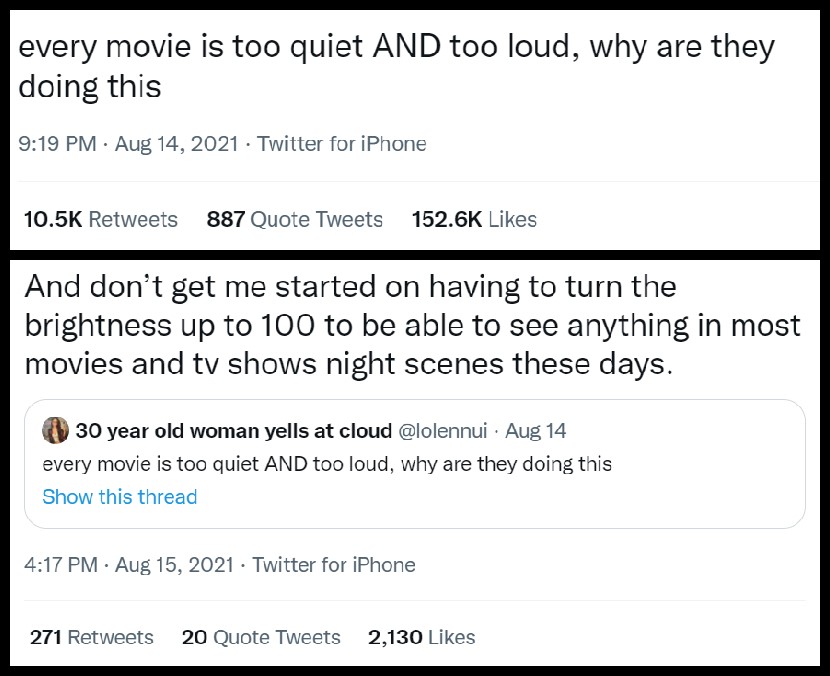
It’s a perfect example of the perfect storm of history, technology and lack of understanding that there’s no middle class anymore.
Historically, sound is king in the theater. So sound engineers always aimed to reproduce that experience. Because theaters are acoustically far different from standard living rooms, it never made any sense except on paper: let’s try to give folks the best sonic experience. Except that before 00s, everything was standardized through analog technology and sound was fine: you could listen to movies and hear everything perfectly fine even on a mono, 13 inches TV.
Technology showed up. DVD players —finally the TRUE movie experience is at home—, surround sound systems exploded in popularity while movie sets and production transitioned to fully digital.
This is where and when sound became a second thought. Too low? Now people have digital devices, they can crank up the volume at three different levels, let’s not bother. Too loud? Well, it’s loud because you’re using a cheap or not-calibrated 5.1 system and you should be happy about shaking your room! Cinema at home, yay!
No. People are trying to enjoy a movie and shaking the room with basses or filling the room with whispers is not necessary better for the experience. If they wanted that, they’d go to that thing called movie theater.
Broadcast loudness standards are too many: standard TV, movies, US/Europe, Netflix, Amazon. Everyone has a different one or with enough variations that the standard isn’t standard. Why? Because it’s easy to re-calibrate digital audio and do your own recipe, compared to the analog days where you didn’t have non-destructive edit options. So everyone is trying to impose their shit.
That digital edit easiness has permeated video as well: they edit shows as if you were watching them in a dark, movie theater, which is why you need to play with brightness on TV too now. Because the digital panel making your TV really is showing black when it’s supposed to be black: pre-2000 tech didn’t allow you to have perfect black. Yes, perfect tech can be a problem because our senses are variables and differ from one individual to another.
But also, middle class. Producers look at market research that says “well, people bought a lot of surround systems”. And that’s it, they aim that. The reality is that no one really uses surround systems. And hasn’t in the past 20 years. People bought one system, saw that it was annoying, are back to TV speakers usually with a soundbar (which is another level of craziness in terms of sound reproduction because of all those dumb ass DSPs but anyways). The idea that a decent amount of folks use 5.1 systems is a total myth.
People most likely watch shows in good old stereo, through speakers or headphones, aka there’s no need for the movie theater sound mixing paradigm. Just balance dialog, music and effects, you’re done. Don’t try to add so much dynamic (dynamic being the difference between the softest sound and the loudest: the bigger the difference, the better). It’s like artificial dramatization, it’s kind of weird.
Which makes me think that it might be the issue here: there’s just too much entertainment, and people producing it don’t have the experience/knowledge to create “stand-alone” stuff and rely on tricks: dramatization of sound, ultra slow meetings between characters while nothing happens for fucking 10 minutes, very long and complacent shots etc.
